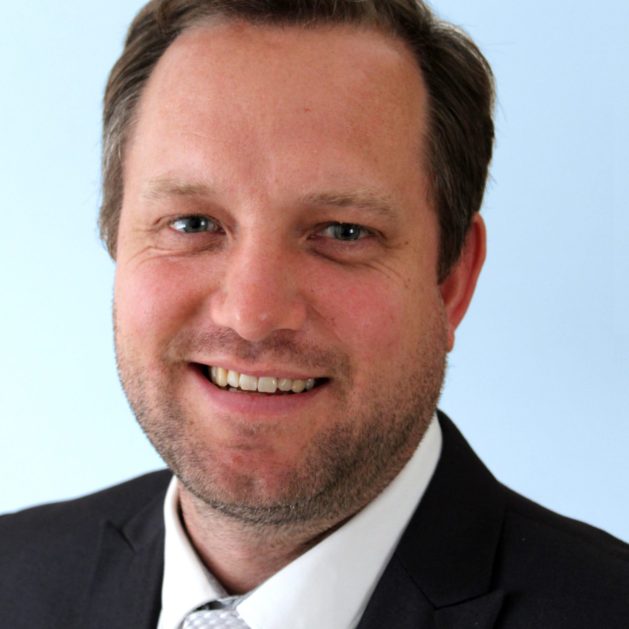As prices for dental treatment creep up with the weaker pound, dental tourism is more alluring than ever. We keep seeing adverts by Kreativ Dental, which calls itself “the founder of dental tourism in Budapest”. There was one in the Times (UK) the other day offering dental implants at amazingly cheap prices.
It’s growing its market share in the UK and Ireland — ie taking patients off local practices — by offering cheaper dentistry with a holiday thrown in. It’s ad in July (below) quoted £830 for an implant with a lifetime guarantee, and a summer deal where you get a free two-night stay at a four-star hotel, free consultation and treatment plan, free OPG x-ray and free airport transfers.

Kreativ Dental advert in the Times (UK)

Kreativ Dental’s implant fee
In Ireland, where the average cost of dental treatments are more expensive than north of the border (according to RTE’s The Consumer Show), Kreativ seems to have a special appeal. So what sort of people go in for dental tourism, and how well does it do in patient retention, considering the travel? We spoke to Ben Erskine, director of Kreativ Dental UK, for some answers.
How big is Kreativ Dental’s operation now?
Kreativ Dental UK has a team of three and we have an office in Ireland and all our client base countries. Kreativ Dental Budapest has a team of 76, including 14 dentists, 17 lab technicians, four patient care managers, four receptionists, two airport desk staff and two drivers.
What’s your biggest market?
We get 200 to 300 patients a month from the UK, our biggest market, and we’re strong in Scandinavia, Norway and Denmark in particular. The Irish market is about in line with that — we get about 100 visits a month from Ireland. Germany is pretty strong. We have local offices in Finland, Iceland, France, the Netherlands and North America.

Kreativ Dental coverage on independent.ie, the bestselling Irish Independent newspaper’s website
You run ads in national papers but you’ve also a decent amount of press coverage — how do you do it?
Papers want stories about real people and we have many happy people with stories from Kreativ. A local office in each country helps with marketing and relationships with the press.
How does the pricing work — is transport and accommodation included?
We don’t do packages, the only time we will produce a treatment plan for a patient is when we see them. They get airport transfers and we organise accommodation, so they get a night or two free and pay when they check out, but the treatment aspect is separate. Of course, we provide information on our prices, and if we get a patient asking how much seven implants will cost we can tell them. But there’s no package deals in the sense of getting 10 veneers for a knock-down price. Our treatment plans always depend on what we find in the consultation.

Coverage in the UK’s Express newspaper
Do you manage to keep any patients long term, for repeat visits?
Yes, many do in fact come back for their annual check-ups. The alternative is obviously to go back to their local dentist, and a good check up with an OPG x-ray will cost around £100 in the UK or perhaps €150 in Ireland. With the availability of cheap flights, and the prospect of a few days in Budapest, it seems people are happy to come back to us instead. People do tend to fall in love with Budapest. I’ve been with Kreativ for 11 years and I go to Budapest four or fives times a year. It’s very pleasant; not too big, beautiful architecture, safe, and easy to get around.
If so many people are buying into dental tourism, where are dental practices going wrong in the UK and Ireland?
I don’t think they are going wrong anywhere. You will find many successful private practices in the UK and Ireland. However, many people simply cannot afford UK and Irish prices and the treatment they need is not available any other way.

Independent.ie reports Kreativ Dental’s win at the International Medical Travel Awards
What’s the biggest hurdle you face convincing people to become customers of Kreativ?
Trust. People can be sceptical. However, health tourism is more widely accepted than say 10 years ago. It’s becoming the norm, and low cost airlines flying to Europe make it accessible for patients in the UK and Ireland.
How many people are visiting Hungary for dental tourism?
Previous figures from the Hungarian Central Statistical Office indicated that 404,000 visitors travelled to Hungary from the UK during 2014. 82% of those visited Budapest, and about 20,000 of those got dental treatment.

“Health tourism is more widely accepted than say 10 years ago. It’s becoming the norm”
Ben Erskine, director of Kreativ Dental UK
